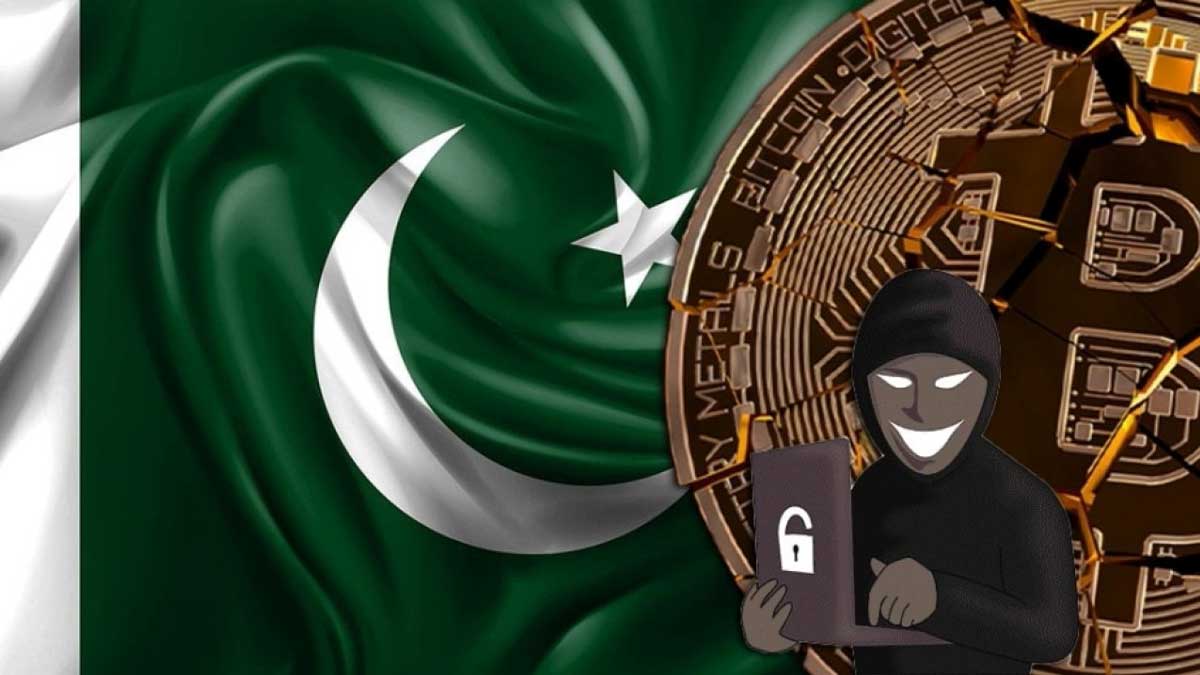Binance has made contact with the Federal Investigation Agency’s (FIA) of Pakistan and committed full cooperation in the probe of a mega-scam involving 11 Binance-linked applications that were used by scammers to steal over $100 million from Pakistanis.
Binance has appointed a two-member team to collaborate with the FIA Cyber Crime Sindh Zone, according to a series of tweets by Imran Riaz, the Head of the FIA Cyber Crime Sindh Zone. “They are former Treasury Department investigators who specialize in cryptocurrency investigations,” he explained.
He also applauded Binance’s stance, which he described as “acceptable” considering the seriousness of the matter, and indicated his plan to continue working with the company in the near future to expose criminal actions regarding cryptocurrency.
Read more: FIA seized credit cards, bank accounts of 1,064 people linked to crypto transactions
“Considering the importance of the matter, I appreciate Binance’s response and look forward to continuing collaboration in uncovering criminal acts based on cryptocurrency,” he tweeted.
For fraudulent transactions, the apps MCX, HFC, HTFOX, FXCOPY, OKIMINI, BB001, AVG86C, BX66, UG, TASKTOK, and 91fp used Binance blockchain addresses.
The Cyber Crime Wing called Hamza Khan, the General Manager/Growth Analyst Binance Pakistan, to appear before the FIA and clarify his view on the company’s participation in fraudulent applications, according to an official press release published last week.
Each of these applications had an average of 5,000 customers, according to the preliminary findings of the FIA investigation. The alleged investment ranged from $100 to $80,000 per individual, with an average of $2,400 per participant, putting the total fraud at approximately $100 million (Rs. 17.7 billion).
Since Binance is the largest easy-to-use platform allowing such operations, the FIA Cyber Crime Sindh has been working on keeping a keen eye on the peer-to-peer transactions made by Pakistanis using the application to avoid terror financing and money laundering.





















